- Home
Page 26
Page 26
 An Echo in the Darkness
An Echo in the Darkness A Lineage of Grace
A Lineage of Grace The Prince: Jonathan
The Prince: Jonathan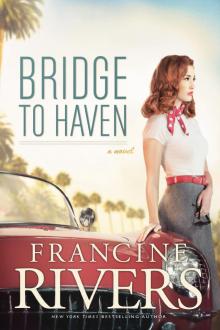 Bridge to Haven
Bridge to Haven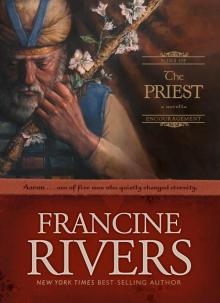 The Priest: Aaron
The Priest: Aaron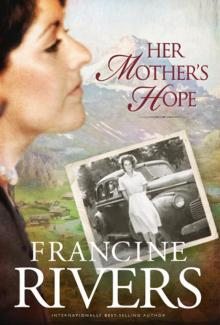 Her Mother's Hope
Her Mother's Hope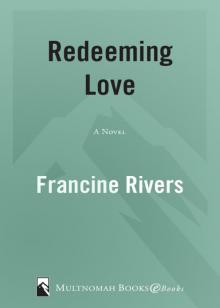 Redeeming Love
Redeeming Love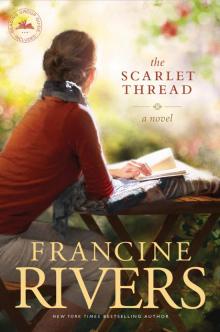 The Scarlet Thread
The Scarlet Thread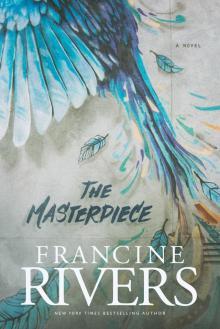 The Masterpiece
The Masterpiece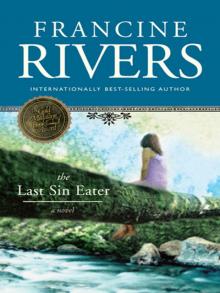 The Last Sin Eater
The Last Sin Eater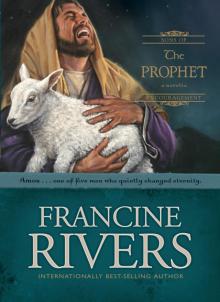 The Prophet: Amos
The Prophet: Amos As Sure as the Dawn
As Sure as the Dawn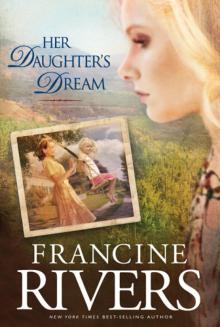 Her Daughter's Dream
Her Daughter's Dream A Voice in the Wind
A Voice in the Wind The Warrior: Caleb
The Warrior: Caleb The Scribe: Silas
The Scribe: Silas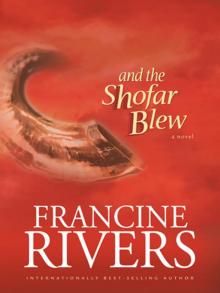 And the Shofar Blew
And the Shofar Blew The Atonement Child
The Atonement Child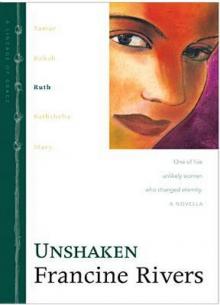 Unshaken_Ruth
Unshaken_Ruth Unspoken_Bathsheba
Unspoken_Bathsheba The Scribe
The Scribe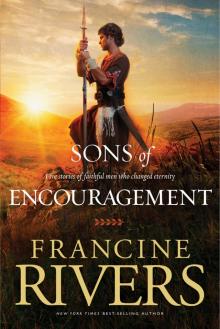 Sons of Encouragement
Sons of Encouragement The Shoe Box
The Shoe Box Sycamore Hill
Sycamore Hill Unafraid_Mary
Unafraid_Mary Marta's Legacy Collection
Marta's Legacy Collection